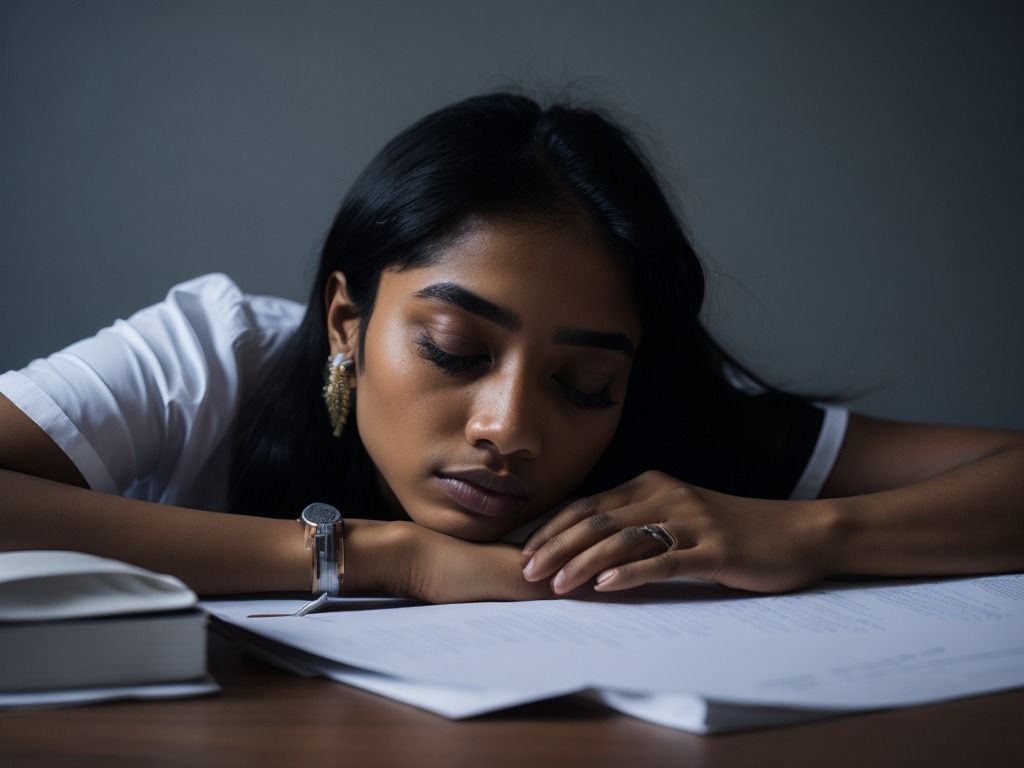The connection between stress and sleep paralysis (SP) has been confirmed by scientists from various countries. Thus, students are often involved in studies, as they live in a constant state of tension. The impact of the COVID-19 pandemic on sleep quality has been closely studied, with numerous surveys conducted during and after lockdown periods.
Under the guidance of Widya Nurwulan Santika Utami, researchers from Indonesia decided to combine multiple stress factors. They recruited 238 volunteers, all medical students (a profession that involved extra pressure, especially during the pandemic). Additionally, all participants were in their final year of study and were working on their graduation theses, which was an additional source of anxiety. The survey was conducted in the spring of 2021 when the pandemic was far from over.
The results confirmed findings from other researchers. All respondents reported experiencing stress to varying degrees. Interestingly, the majority (87.4%) also experienced SP. It is noteworthy that those who reported moderate levels of stress complained of SP more frequently than those who reported low or high levels of stress. Unexpectedly, participants who reported very high stress levels mentioned episodes of SP less often than those who reported moderate stress levels. Meanwhile, as predicted, mild stress had a weak association with SP.
It should be noted that SP is one of the phase states, along with lucid dreams, out-of-body experiences, etc. However, many people still fear such episodes, while scientists and healthcare professionals offer treatment options. In the study discussed in this article, the authors recommended engaging in sports and relaxation therapy to combat SP.
Have you noticed the influence of stress on your experience of the phase state?
The article was published in July 2023 in Jurnal Berita Ilmu Keperawatan.
Get all the latest news about lucid dreams via our channels on Telegram, Facebook, Twitter




